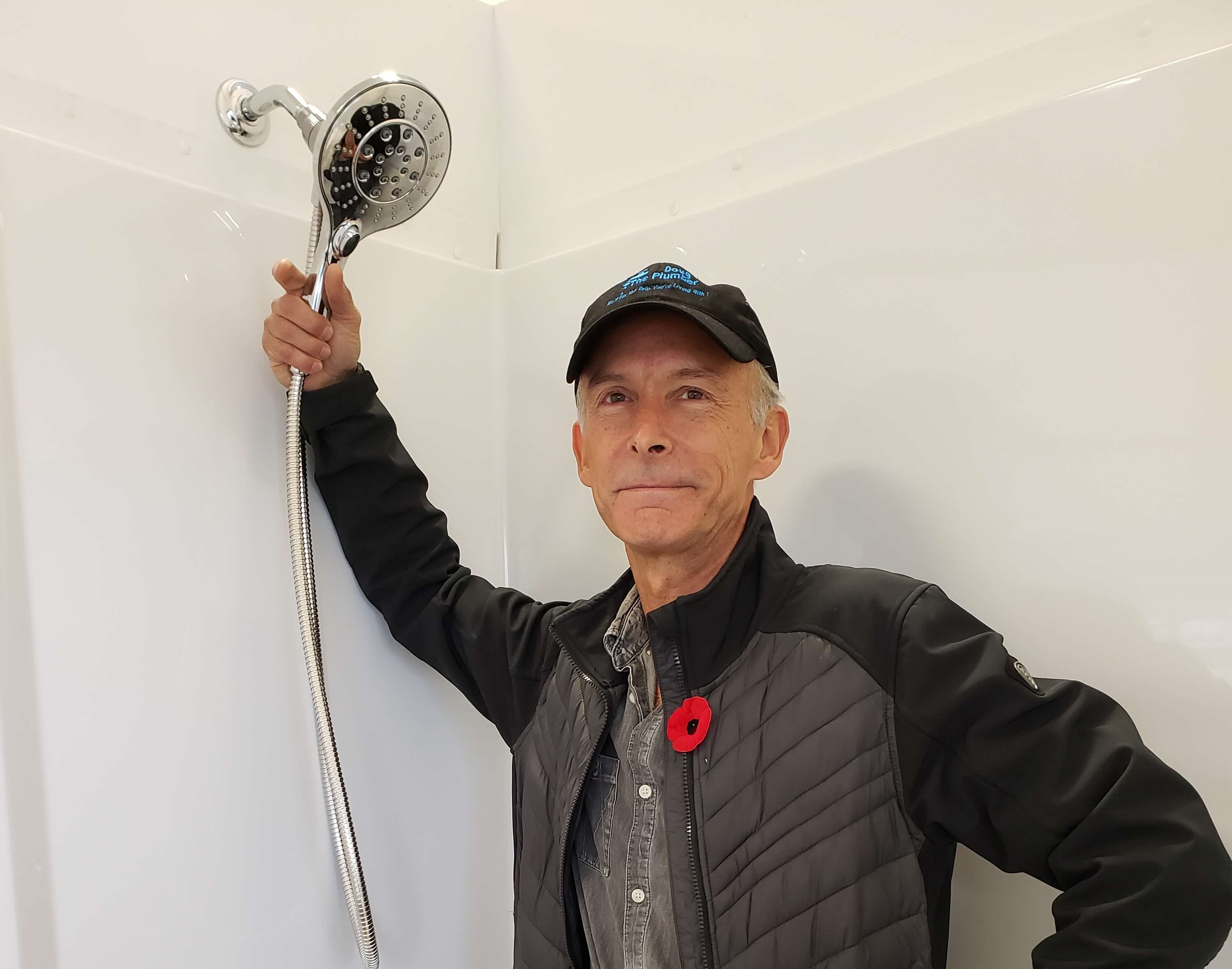As a homeowner, your plumbing system is vital to your daily life. When you start hearing gurgling sounds coming from your drains, it’s natural to be concerned. What’s causing the noise? Is it serious? How much will the repair cost? These are common questions, and finding answers quickly is key to resolving the issue before it worsens.
If you’re hearing gurgling from your kitchen sink, shower, or laundry drain, it’s essential to identify the cause. Here are four common reasons behind that noisy drain and how Doug the Plumber can help you fix it.
What Causes Gurgling in Drains?
A gurgling drain could indicate several potential issues. Sometimes it’s as simple as a clogged pipe, while in other cases, it could point to a problem with your venting system. Let’s dive into the most common causes.
1. Clogged Drain
A loud gurgling noise usually means your drain is clogged. When a drain is blocked, it disrupts the proper flow of water, creating air bubbles that escape back through the drain. The sound might be isolated to one drain, or you might hear it from multiple places in your home, which could mean a blockage in your main sewer line.
Clogs can be caused by a buildup of grease, food debris, hair, or soap scum. If you notice slow drainage in addition to the noise, the clog could be substantial and should be addressed before it leads to a complete blockage. Doug the Plumber has the tools and expertise to locate and clear even the toughest clogs, ensuring your water flows freely once again.
2. Blocked Vent Pipe
Your plumbing system needs proper venting to allow sewer gases to escape. A blocked vent pipe can cause gases to build up in your plumbing and bubble back through your drains, creating a gurgling sound. In addition to the noise, you may notice a foul odor and slower drainage.
Vent pipes, typically found on your roof, can become clogged with debris like leaves, dirt, or even small animals. Regular maintenance and inspection of these pipes can prevent clogs. If you suspect a venting issue, Doug the Plumber can check your system and restore proper ventilation to eliminate the gurgling noise.
3. Sewer Line Blockage
A more serious cause of gurgling could be a blockage in your main sewer line. This large pipe is responsible for carrying all wastewater from your home to the municipal sewer system or your septic tank. When it’s blocked, you might experience gurgling from multiple drains, and you may even see water backing up in your basement or other lower-level fixtures when you flush your toilet.
Sewer line blockages are often caused by tree roots infiltrating the pipes, or by debris like wipes, paper towels, and feminine hygiene products that shouldn’t have been flushed. If you notice widespread drainage issues, it’s important to call Doug the Plumber immediately to inspect and clear the blockage before it leads to costly repairs.
4. Damaged P-Trap
The P-trap, a curved pipe located under your sink, is designed to hold water and block sewer gases from coming back into your home. If the P-trap is damaged, gases can escape, resulting in a gurgling noise and unpleasant odors. If you suspect your P-trap is the issue, a licensed plumber can repair or replace it to stop the noise and odors.
How Doug the Plumber Can Help
Hearing a gurgling noise in your drain may seem like a minor inconvenience, but it often signals a problem that, if left unresolved, can lead to bigger (and more expensive) issues. At Doug the Plumber, we specialize in diagnosing and fixing noisy drains, whether it’s a simple clog or a more complex sewer line issue.
Our team has the expertise and equipment to locate the source of the noise and restore your plumbing system to full functionality. We’ll not only fix the current problem but also provide advice on how to maintain your drains to prevent future issues.
Call us Today!
Keep Your Drains Running Smoothly
To prevent recurring clogs and gurgling noises, it’s essential to clean your drains regularly. We recommend using a natural cleaning solution like baking soda and vinegar instead of harsh chemical cleaners that can corrode your pipes over time. Regular maintenance will keep your drains in top shape and help avoid major plumbing issues down the road.

